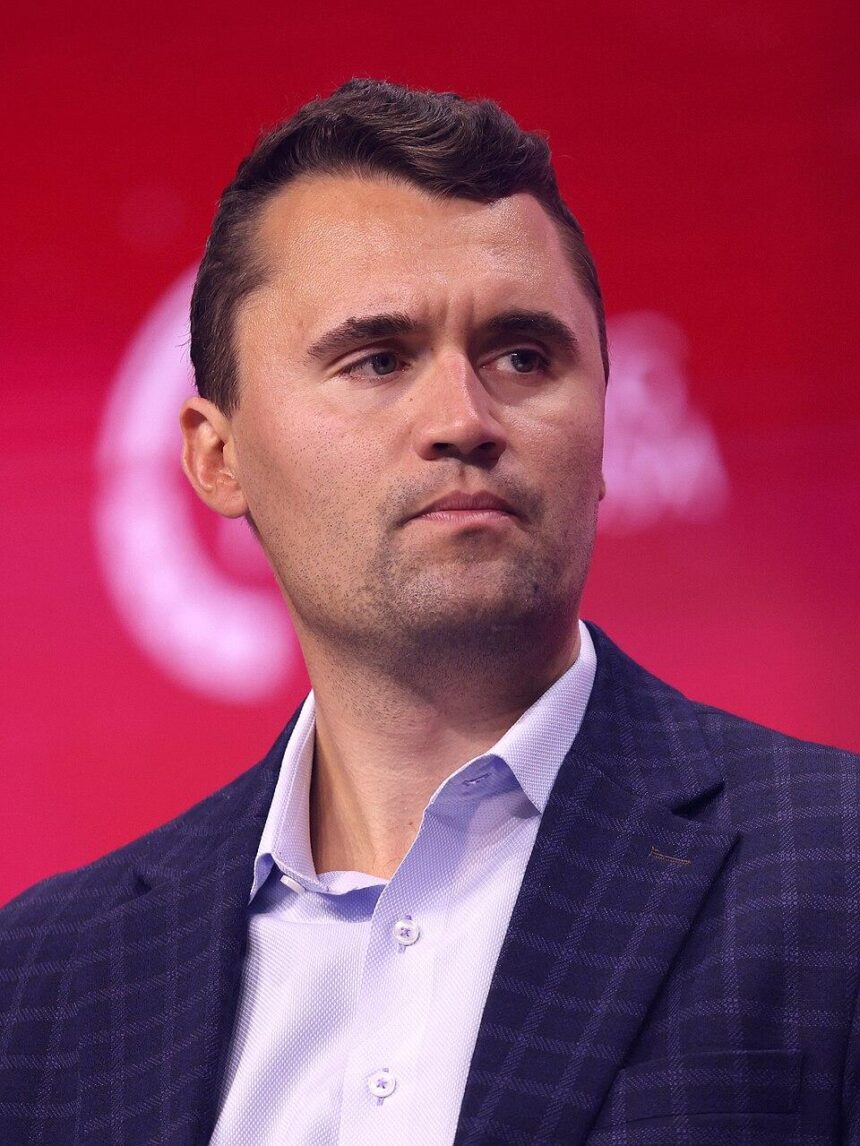Tragic Death of Conservative Activist Charlie Kirk Sparks National Debate on Higher Education
The shocking murder of conservative activist Charlie Kirk has sent ripples through both the political and educational landscapes, prompting renewed scrutiny of universities in the United States. Known for his staunch advocacy for conservative principles and as the founder of Turning Point USA, Kirk’s untimely death has raised significant concerns and ignited a national conversation. In light of this tragedy, political analysts and conservative figures are seizing this moment to voice their long-standing criticisms against academic institutions, alleging that these environments often suppress conservative perspectives. This article delves into the ramifications of Kirk’s murder, reactions from various political factions, and the ongoing discourse regarding freedom of speech and ideological bias within higher education.
Polarization in College Campuses Following Kirk’s Death
The recent killing of Charlie Kirk has sparked intense discussions across college campuses, creating a divide among students and faculty based on ideological beliefs. Many have come together to commemorate his legacy by emphasizing the significance of free speech and civil dialogue. Supporters argue that honoring Kirk’s dedication to conservative values is essential; they view his tragic demise as indicative of an escalating hostility towards right-leaning voices in academia. Concerns are mounting about how this incident could threaten freedom of expression, with fears that differing political views may lead to violence or further division.
On the other hand, some individuals have responded critically to Kirk’s death by scrutinizing the academic environment itself. They contend that universities foster an atmosphere where extreme viewpoints can flourish unchecked. Critics assert that higher education often marginalizes conservative ideologies while promoting progressive narratives—an imbalance they believe exacerbates conflict within campus communities. This perspective is gaining traction through protests and social media campaigns highlighting growing anxieties over safety issues related to political beliefs. The contrasting narratives surrounding this event reflect a deeply polarized climate affecting discussions about education, politics, and public safety.
Impact of Kirk’s Murder on Speech Rights and Academic Freedom
The heartbreaking murder of Charlie Kirk has ignited fervent debates concerning free speech rights and academic freedom at educational institutions nationwide. In response to this shocking event, many conservatives argue that colleges have become increasingly hostile toward their viewpoints. Critics claim that rising intolerance for opposing opinions stifles vital discourse—leading students and faculty alike to self-censor out of fear for potential repercussions when expressing controversial ideas. This situation raises critical questions about whether higher education can still serve as a platform for debate and critical thought.
A variety of organizations along with lawmakers are advocating for enhanced protections aimed at speakers who represent conservative ideologies following Kirk’s murder. Proponents suggest several measures including:
- Tighter Security Protocols: Institutions should enhance security measures during events featuring contentious speakers.
- Pursuit Of Free Speech Policies: Colleges might adopt proactive policies designed to encourage inclusive dialogues respecting all viewpoints.
- Diverse Curriculum Development: Integrating varied perspectives into course content could help ensure a well-rounded educational experience.
This proposed framework aims at fostering openness; however, critics caution that overly aggressive attempts at protecting free speech might inadvertently deepen existing divisions on campuses—a concern underscored by ongoing debates about balancing safe academic spaces with vibrant intellectual exchanges.
Strategies Universities Can Implement To Promote Dialogue And Reduce Hostility
. Initiatives such as establishing strong community engagement programs can play a crucial role in bridging ideological divides fueling discordance among student bodies; these initiatives may include workshops focused on respectful communication techniques or speaker series featuring diverse voices.
Additionally,creating peer mediation groups would empower students themselves in resolving conflicts amicably while nurturing respect between varying perspectives.
Moreover,training faculty members & staff on inclusive teaching methodologies recognizing student diversity will be essential moving forward.
Encouraging collaboration across departments could also yield innovative interdisciplinary programs tackling complex societal challenges through multiple lenses.
Institutions should consider implementing anonymous reporting systems allowing students safe avenues through which they can express concerns regarding hostility without fear—ensuring timely responses when critical situations arise.
By adopting these strategies effectively not only will tensions diminish but also reaffirm commitments toward upholding academic freedom alongside open discourse.
Conclusion: Navigating Future Discourse Post-Kirk Tragedy
The tragic passing awayof Charlie Kirkt continues reverberating throughout America sparking heated conversations around higher learning institutions’ roles shaping societal values today . Critics leverage incidents like these calling attention reforms needed questioning prevailing ideological climates found within universities impacting freedoms enjoyed by all citizens . As colleges navigate aftermath tragedies such as these ,it remains uncertain how evolving dialogues will influence future landscapes seen across academia . Stakeholders must engage thoughtfully ensuring productive conversations emerge amidst complexities surrounding issues related free expression ,education & politics moving forward .









